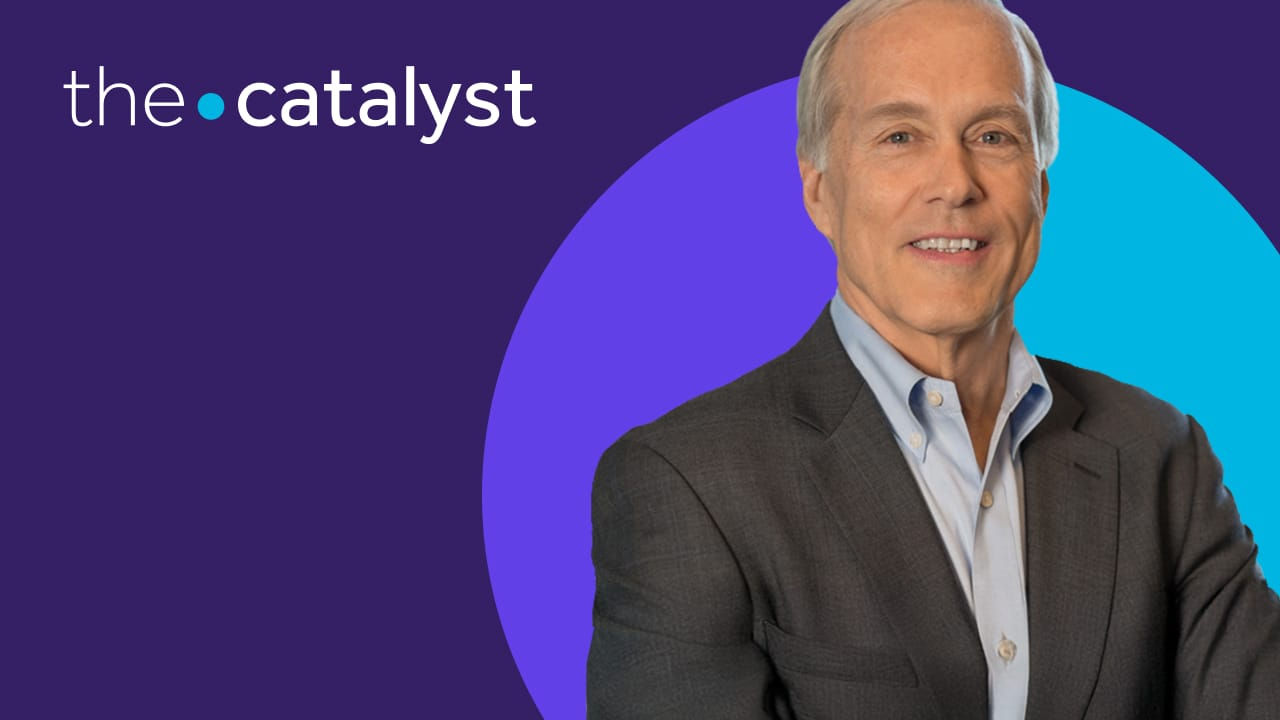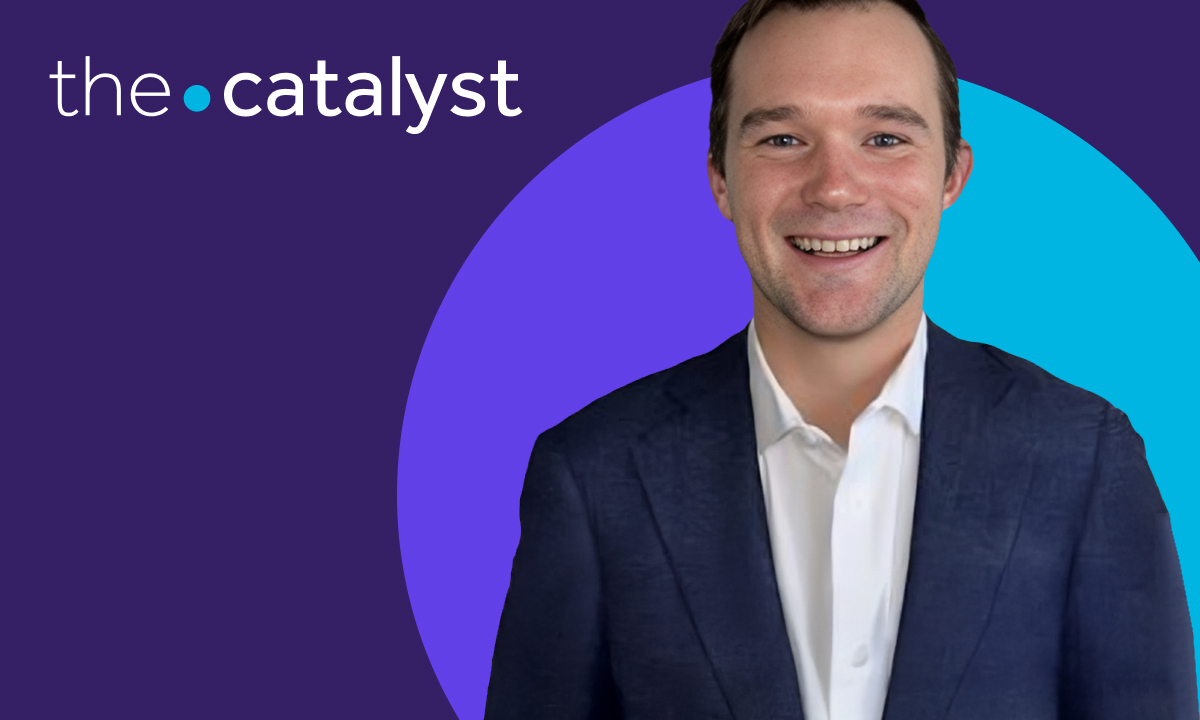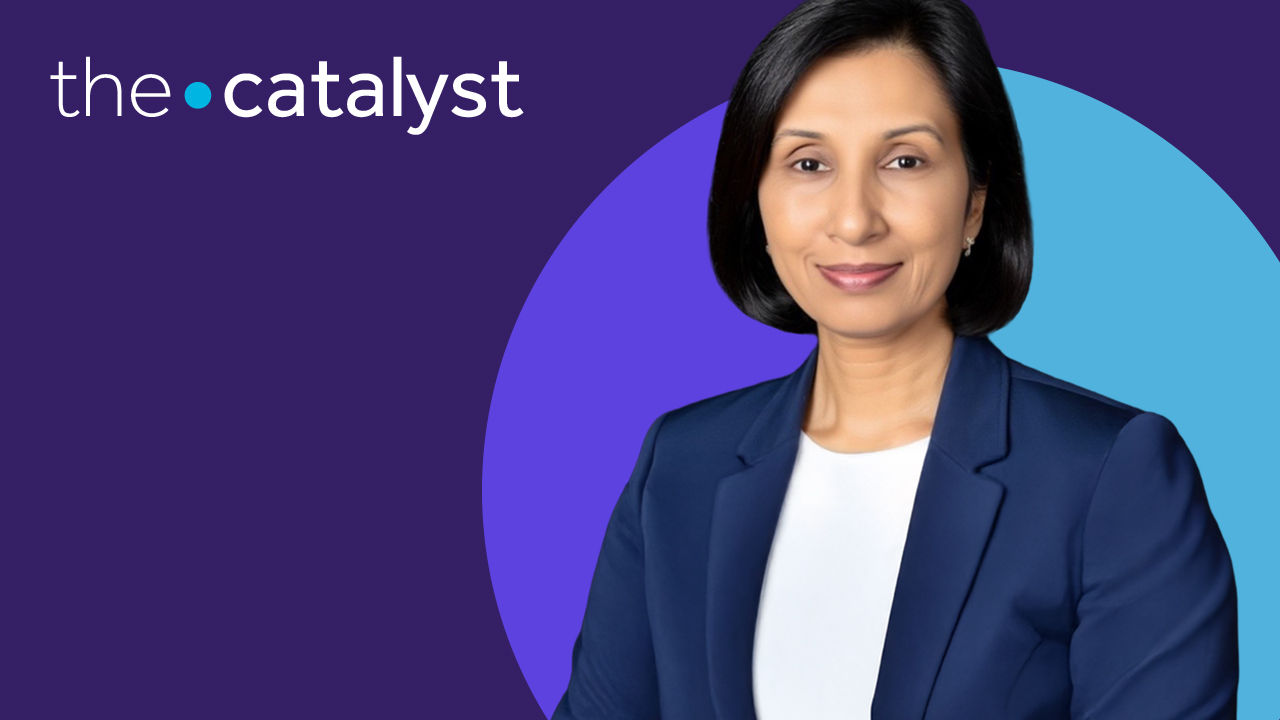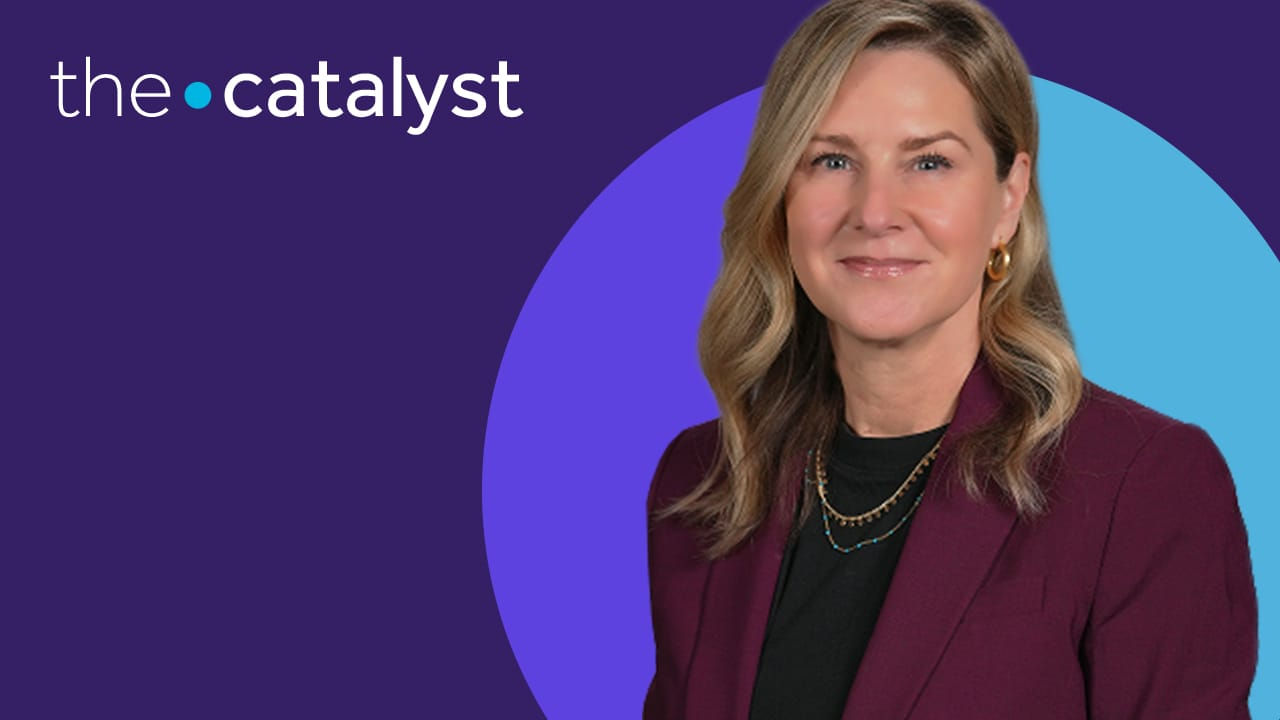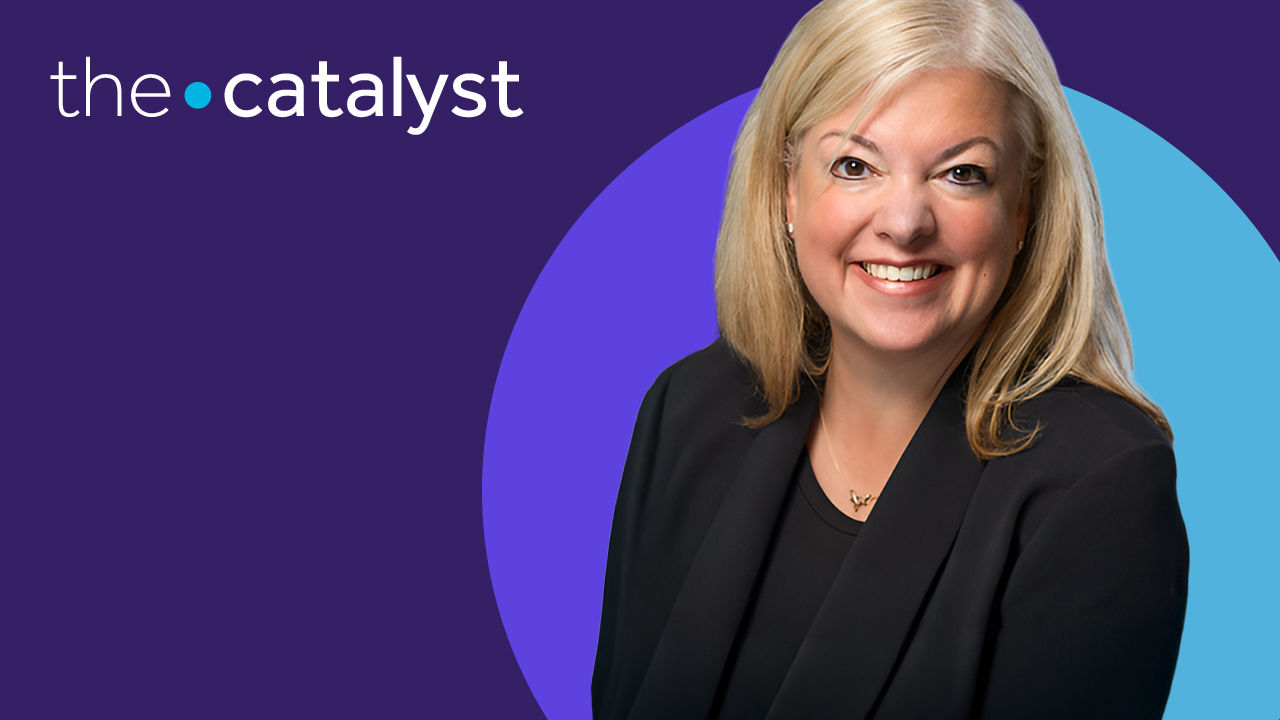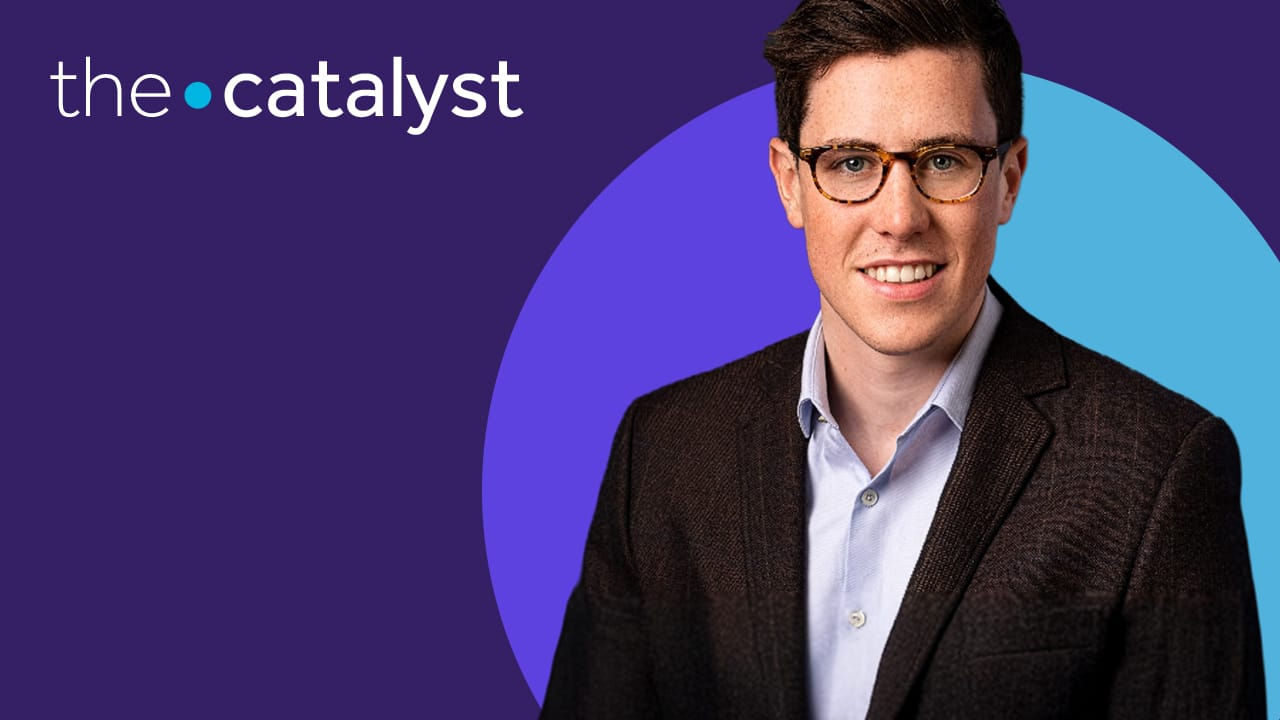![Alt Text: A headshot of [Russell Dubois]](/content/tdh-www/us/en/home/organizations/resources/mental-health-obesity-why-integrated-care-matters/_jcr_content/_cq_featuredimage.coreimg.jpeg/1770734520272/thecatalyst-russell-dubois-thumbnail.jpeg)

What it means when obesity is treated as a disease
Written by Dr. Tejaswi Kompala MD, Senior Director, Clinical Strategy, Chronic Condition Management, Teladoc Health
As a practicing endocrinologist and a clinical leader for Teladoc Health, the conversations about GLP-1 medications are constant and ever-evolving. While these conversations often center around complex concerns such as access and costs, patients and payers have a shared goal of achieving greater health outcomes, which is helping to change the narrative around obesity itself.
‘Obesity as a disease’ is gaining traction
Until recently, obesity was seen as a cosmetic issue or the result of a lack of self-discipline. It was only in 2013 that the American Medical Association (AMA) recognized obesity as a disease.
When the announcement was made, the Obesity Medicine Association hoped this would help achieve two things: reduce weight stigma and improve health outcomes.
Since then, we’ve seen changes among providers and the healthcare system—improvements in training, research funding, better insurance benefits and clinical programs with evidence-backed designs. These systematic changes have put trained physicians in a better position to support individuals with a complex disease like obesity.
Because of these efforts, we know more about obesity than we did a decade ago. For instance, that it’s the result of more than just diet and exercise and that there are many underlying factors—similar to other cardiometabolic conditions—that need to be considered to effectively treat it.
Still, there is more work to do: more progressive evidence-based coverage policies, improved communication and reduced bias and a focus on strategies that achieve long-term success (weight loss maintenance). We need to tackle both ‘treatment of obesity’ as well as ‘obesity prevention’ at the same time to make an impact on a health challenge of this scale.
Eliminating weight stigma
I spend a lot of time with people living with obesity who want to improve their health. A major part of my approach as a healthcare provider is to support people beyond just the physical health implications and focus on the psychological implications of obesity. Conditions such as depression and anxiety can lead to obesity, and they also can be caused by obesity. Achieving weight loss can even fuel some of those feelings when people are rewarded for their weight loss but feel their self-worth is tied to their appearance, which does not lead to sustained wellness.
It’s so important to recognize the impact of conscious and unconscious weight stigma that is continually perpetuated in the media, in social media, in our communities and in our healthcare systems and work to eliminate it.
Fortunately, that work is starting to happen in many of the discussions surrounding the use of anti-obesity therapies. People looking to lose weight or treat obesity are more comfortable talking with their healthcare provider about weight loss. In the media, influential people are starting new, thoughtful discussions about how we approach weight management and weight loss stigma. And in the healthcare space, plan sponsors and payers are examining their approach to obesity and weight care—looking for solutions that can provide sustainable results, reduce costs and improve population health and well-being.
Emphasizing obesity care leads to better outcomes
We’ve long known that obesity is strongly connected to other serious conditions. Too often, it isn’t until a person has a major health event or is diagnosed with a condition like diabetes that they begin receiving care for any underlying issues.
Obesity is a complex disease. Effective treatment should include lifestyle changes, mental health support and, for some, medication. Care plans need to be personalized and change over time.
Access to this level of support is key to the comprehensive weight care solution recently launched by Teladoc Health. Because we know when it comes to obesity there’s no silver bullet, and people with obesity deserve access to providers with the experience and training to support their needs.


